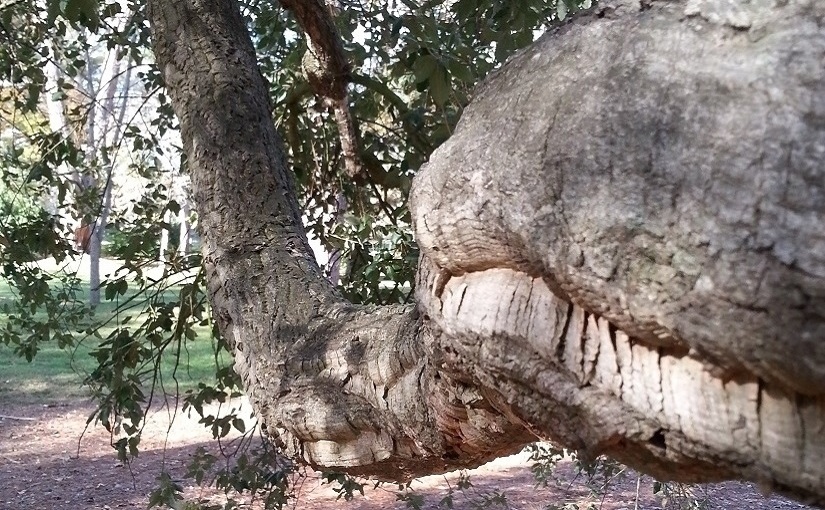When it comes to being human, how exactly we go about it is a strangely difficult question: what we’re doing here, how to act, what’s best for social or personal welfare, are everyday concerns that really don’t seem to have simple answers (see Notes One).
It’s been written or spoken of countless times, as people have sought core principles, values or ideas to help things run more harmoniously. One such offering, succinct and deeply insightful, being “The Measure of a Man” by Martin Luther King, Jr.
Gently leaving aside the issue of using “man” as a term for discussing humanity as an inclusive whole, this text draws together some powerful and challenging imagery around what it is to be human: “The question “What is man?” is one of the most important questions confronting any generation. The whole political, social, and economic structure of a society is largely determined by its answer to this pressing question.”
That we can be viewed as purely physical beings, with needs and drives on that level, yet also as so much more than that is interesting to contemplate: “There is something within man that cannot be explained in terms of dollars and cents… that cannot be reduced to chemical and biological terms, for man is more than a tiny vagary of whirling electrons.”
The sense of what sets us apart from nature, while we undoubtedly stand within it, is curious to pinpoint: “Man has rational capacity… And so, somehow man is in nature, and yet he is above nature.” “He is not guided merely by instinct. He has the ability to choose between alternatives, so he can choose the good or the evil, the high or the low.”
Those kinds of thoughts, seeking to focus in on what exactly it means to be human, are surely valuable at a time when we’re frequently referred to in quite different terms (Notes Two). The idea of affirming our worth rather than speaking of people in somewhat careless, calculating, dismissive ways seems to me much more suited to the dignity, responsibility, and respect due to human existence.
Moving on to explore life’s “length, breadth, and height” – being your best; caring for others’ experiences; and relating yourself in some way to what might be the meaning of life – carves out this fairly comprehensive picture of the scope our lives may have and all the ways we contribute to our human and natural environments (Notes Three).
Attaining a view of life that sees how things interrelate seems so important given how many systems underpinning modern society now appear to be struggling: “there is still something to remind us that we are interdependent, that we are all involved in a single process, that we are all somehow caught in an inescapable network of mutuality. Therefore whatever affects one directly affects all indirectly.”
Ultimately, we all have to make our own choices. But this idea that we’re capable of holding ourselves to higher standards might be an incredibly valuable perspective on life.
Notes and References:
“The Measure of a Man” by Martin Luther King, Jr., (Fortress Press, USA), 1988.
Note 1: What is acceptable?
Note 1: Zimbardo & the problem of evil
Note 1: Plato & “The Republic”
Note 2: What we bring to life
Note 2: Worthless, or priceless?
Note 3: What if it all means something?
Note 3: The human spirit

